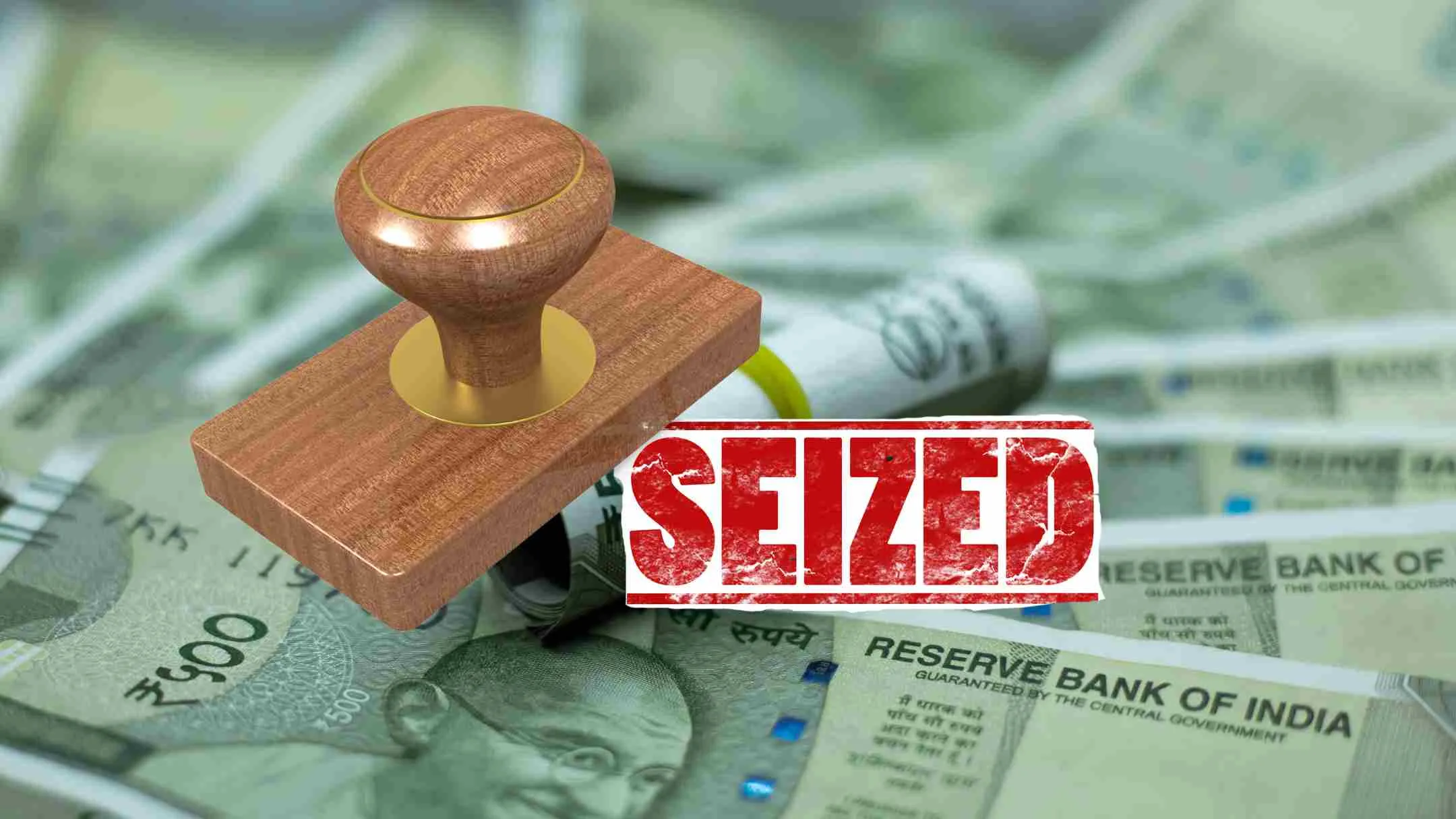The Delhi High Court has income tax payable remuneration paid to chairperson of educational trust.
The bench of Justice Vibhu Bakhru and Justice Tejas Karia has observed that exemptions under Section 11/12 of the Income Tax Act would not operate so as to exclude from the total income of the previous year any income, which is directly or indirectly, for the benefit of the person referred to in sub-section (3) of Section 13 of the Act. It is, thus, clear that if any part of the income of a trust for charitable or religious purposes is diverted for the direct or indirect benefit of a person referred to in sub-section (3) of that Act, that part of the income would not be excluded from the total income of the Assessee by virtue of Section 11/12 of the Income Tax Act. In other words, the exemption under those Sections would not be available to the extent that the said income of a charitable or religious purposes is applied for the benefit of a person specified in sub-section (3) of Section 13.
The appellant/Assessee is predominantly engaged in activities of imparting education and also runs the educational institutions Banyan Tree World School at Gurgaon; IILM Under Graduate Business School at Lodhi Road; IILM Early College at Lodhi Road.
The Assessee had filed its return of income for AY 2009-10 disclosing nil income. The return was picked up for scrutiny and the proceedings culminated in the assessment order passed under Section 143(3) of the Income Tax Act.
The registration granted to the Assessee under Section 12A of the Income Act was withdrawn by the Director of Income Tax (Exemption) with effect from AY 2003-04 and thus, the Assessing Officer had proceeded to examine the Assessee’s return on the premise that it was not registered under Section 12A of the Income Tax Act and thus, not entitled to benefit of the exemptions under Section 11/12 of the Act.
During the financial year relevant to AY 2009-10, the Assessee had paid a salary of Rs. 16,20,000 to Ms Malvika Rai, who was the Chairperson of the Assessee trust. The AO held that the same was excessive and not commensurate with her educational qualifications, experience and duties. Since Ms Rai is a related party, the AO disallowed 30% of the payments made to her and added a sum of Rs. 4,86,000 to the income as declared by the Assessee.
The AO also found that the Assessee was running institutions, which were catering to an elite class of society with the sole purpose of making profit. Apart from the disallowance under Section 40A(2)(a) of the Income Tax Act in respect of salaries paid to Ms Rai, the AO also added expenditure incurred by the Assessee in maintaining cars and fuel expenses as well as donations made by the Assessee.
The AO disallowed a sum of Rs. 26,06,844, which was booked as expenditure by the Assessee in its accounts. The Assessee’s income was, accordingly, assessed at Rs. 12,69,57,640 and the Assessee was treated as an association of persons for the purposes of levy of income tax on the assessed income.
The court noted that by virtue of clause (c) of sub-section 2 of the Income Tax Act if any amount is paid by way of a salary or allowance to a person, which is specified under sub-section (3) of Section 13 of the Act, it would be deemed that the income of the property or trust has been applied for the benefit of that person for the purposes of Clause (c) and (d) of sub-section (1) of Section 13.
The court however stated that if a person specified under sub-section (3) has rendered any service and the amount or allowance paid to such person is such, that is, reasonably paid for such services, the same cannot be deemed to have been applied for the benefit of the said person for the purposes of clauses (c) or (d) of Section 13(1) of the Act. The opening words of the said clause must be read in conjunction with the last words of the said clause – “If any amount is paid by way of salary, allowance or otherwise …. in excess of what may be reasonably paid for such services”. Thus, if the amount paid for services is such as is reasonably payable for such service, the same cannot be construed as applied for the benefit of a prohibited person notwithstanding that it is paid to such a person. Consequently, such payment would not fall within the exception of clause (c) of sub- section (1) of Section 13 of the Income Tax Act.
Case Details
Case Title: Commissioner Of Income Tax Exemption Delhi Versus IILM Foundation
Case No.: ITA 179/2023
Date: 21.04.2025
Counsel For Petitioner: Abhishek Maratha
Counsel For Respondent: Rohit Jain






